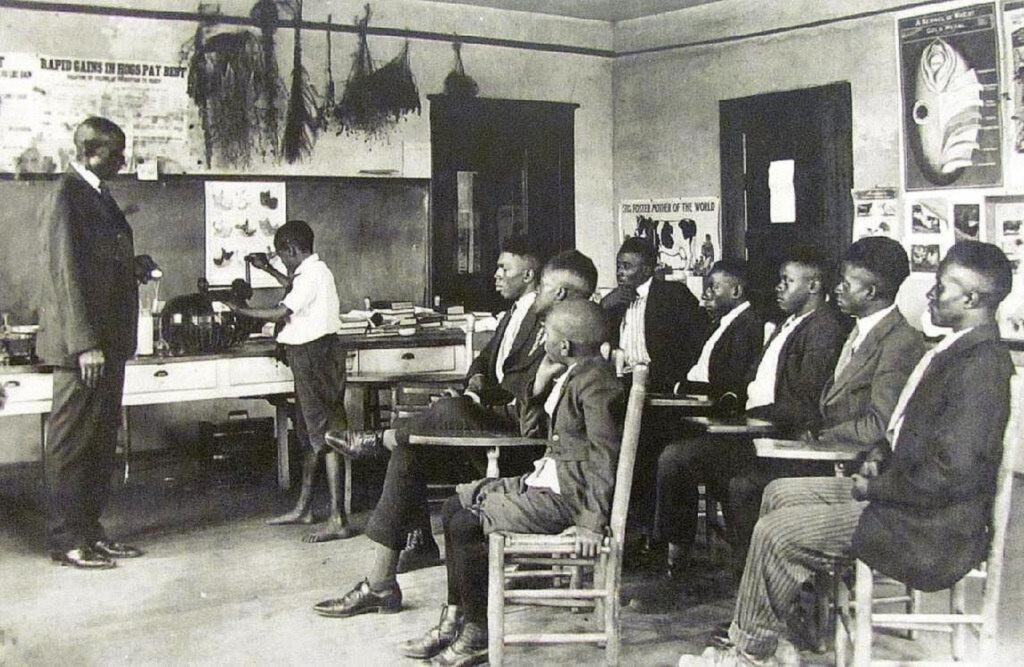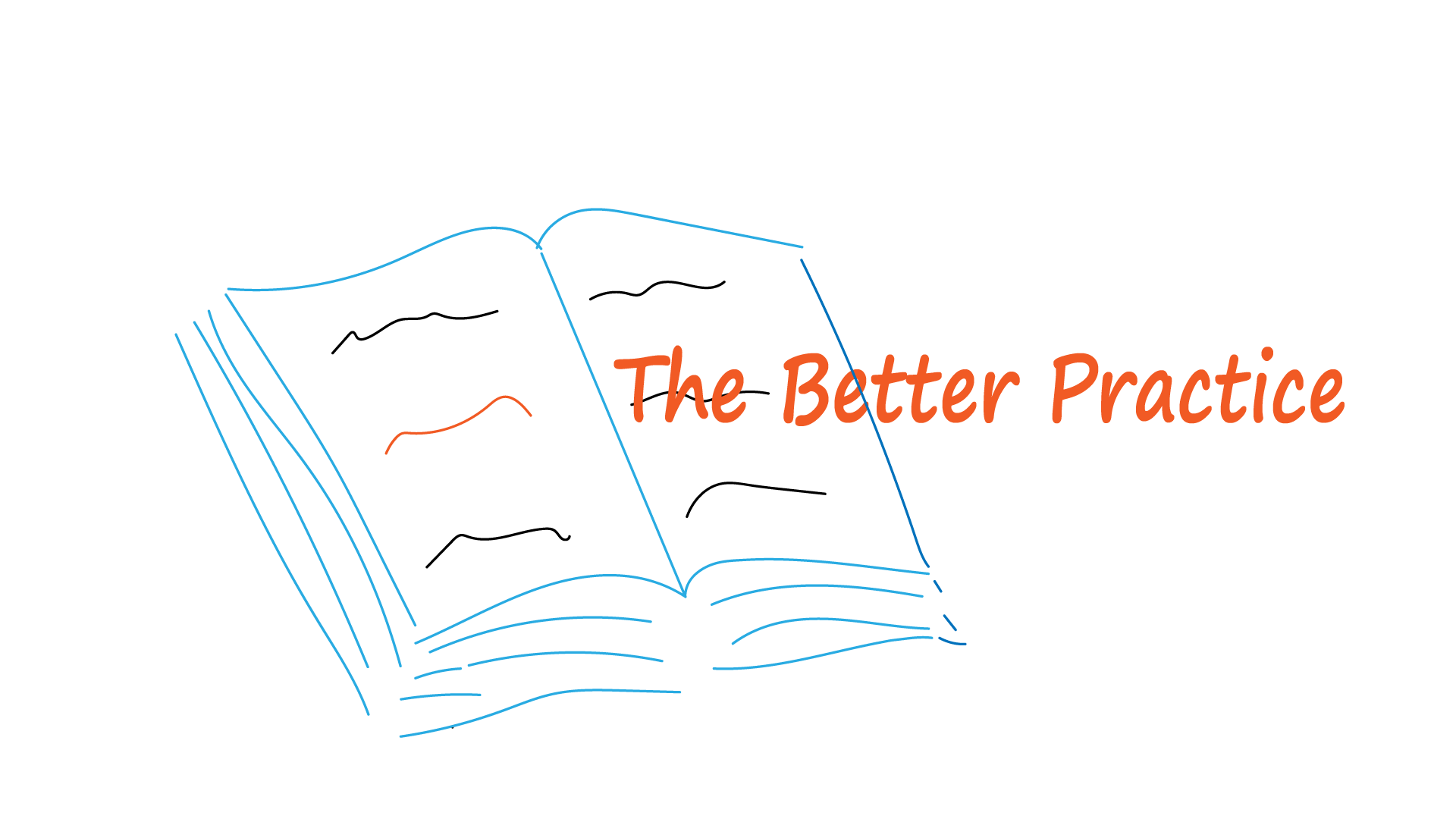Client School — Lesson #1

When I passed the North Carolina State Bar, like every other attorney who passed, I was given the moniker of attorney and counselor at law. I find that through the years, I have been more of a counselor at law than simply just an attorney. In reality, it’s not only legal counseling that we do for our clients. We are also tasked with teaching and educating them about their legal situation and the legal system. This not only entails us passing on our knowledge to them about the legal issues and tenents that are implicated in their respective legal problems. It also entails other lessons. Lessons that are tangential to our clients learning how to navigate their legal quandary. Lessons like perspective, assessing risk, managing impulsivity, listening skills, and patience.
So much of our work with our clients is teaching these tangential lessons that inevitably, once learned, help them through their legal problems. So, I started to think. What if there was a client school that our clients could go to, in advance of working with any attorney, where they learn these lessons? This client school would be a place where clients learn what tools they need to work best with their attorney for the betterment of resolving their legal issue. Most people that are in need of an attorney have never had to employ one before. They are completely ignorant of the law and how the legal world works. Most if not all of them are completely clueless as to how to be a legal client.

So, I decided to compile lessons that we as attorneys wish we could teach to our clients, before they became clients. So that the resolution of their legal matter goes as smoothly and successfully as possible. These lessons are geared toward the client whose legal matter entails some type of litigation or court involvement. Class is in session!
Lesson #1 -- PERSPECTIVE
Okay class. Our first lesson is one of the most important that you will learn during this course: perspective. Class, your litigation matter is important. Your attorney feels that it is important. You feel that it is important. Your family feels like it is important. It is important. But, in the grand scheme of things, the justice system thinks about only 2% (just an educated guess) of all cases that trudge through their hallowed halls is actually “important”. I know this hurts, but this is why we are here to learn perspective.
Here is a statistic to start our learning regarding this concept:
Between July 1, 2020 and June 30, 2021 there were approximately 97,885 civil district court filings in North Carolina statewide. How did I come up with that statistic? According to the Civil Issue Filings/Order Results Fiscal Year 2020-2021 (available on www.nccourts.org) there were 97,885 Servicemember Civil Relief Act filings in district court (CVD filings) statewide. Since the Servicemember Civil Relief Act affidavit/declaration is required to be filed with every civil filing in North Carolina, I deduced that this is probably the number most representative of total civil filings in district court in North Carolina statewide for that year. My apologies if this is not scientific enough for you, I am not a statistician. The point is that there are only so many district court judges to go around in North Carolina to hear these 97,885 filings. Now, not all filings need so much of a judge’s time. But, even the most civil of civil filings necessitates a judge to take the time to sign something at some point. How many district court judges are there in North Carolina to hear all of these filings? 270. And that is ONLY regarding civil filings. We are not even talking about criminal filings and prosecutions which district court judges must hear as well. Are we gaining perspective now? There are 270 judges in district courts across the state of North Carolina to help adjudicate 97,885 civil district court cases in fiscal year 2020-2021.
So class, what can we deduce from this exercise? No matter how important your case is, the Courts just don’t have the capacity to give it the full sentiment that you think it deserves. While your case is important, it is not unique nor is it significant. The Court sees cases like yours not daily, but hourly. So, while the Court will adjudicate your case impartially, it will not do so as passionately as you think it should. The Court will not feel the same righteous indignation that you do. It just doesn’t have the time to do it.

Now it is time to do an exercise.
Reading exercise: Please read the below fact pattern and answer the following questions:
Mary and Tim were back in court on child support. Mary is a plastic surgeon at the local private hospital and Tim is one of the top financial advisors in his brokerage firm. Tim had moved to modify the child support he receives from Mary as he felt strongly that he should receive $3500 per month for their two children as opposed to $3100 per month. While waiting for their case to be called, Judge Caresalot has to address an emergency hearing regarding an abuse/neglect/dependency matter. Tim and Mary watch as Judge Caresalot adjudicates a seven year old child abused, and orders that she go into foster care by 5pm that day. As Mary and Tim come forward with their respective attorneys to start their hearing, Judge Caresalot tells Mary and Tim that they have read the modification motion and reply and are limiting the time for the hearing to only 3 hours. Tim is furious and asks his attorney if they can request another Judge. Tim’s attorney rolls their eyes.
- Who is demonstrating a lack of perspective in this fact pattern?
- What are the ways that seeing the abuse/neglect/dependency hearing could affect Tim and Mary’s perspective on their child support hearing?
- Why do you think Judge Caresalot limited the time allotted for Mary and Tim’s child support hearing?
- Why did Tim’s attorney roll their eyes?
Pencils down. Turn your papers in and then class dismissed.

Teacher Conference:
Clients almost always have difficulty with perspective when it comes to litigation. What do I mean? One of the many attributes we as attorneys have in our field is the benefit of experience in addition to our legal knowledge. That means we have seen and been through a lot of shit in our field. Which puts us in the best position to not only assess a particular client’s legal position, but to give the best possible forecast as to what could possibly happen. We don’t have telepathy. What we do have are years and years of observation and perspective. How can we teach our clients this? In an ideal world, we could give our clients the homework of spending a day in civil court hearings in the hopes of them gaining some perspective. However, we all know that is not feasible. But we KNOW that if clients did gain some of this perspective, they could not only make better decisions regarding their legal matter but maybe migrate through their legal problem more psychologically steady.
Ahhh, to dream, hope and wish for a client school for our clients to attend! Class is dismissed for this week. See you all soon for our next lesson in Client School.

